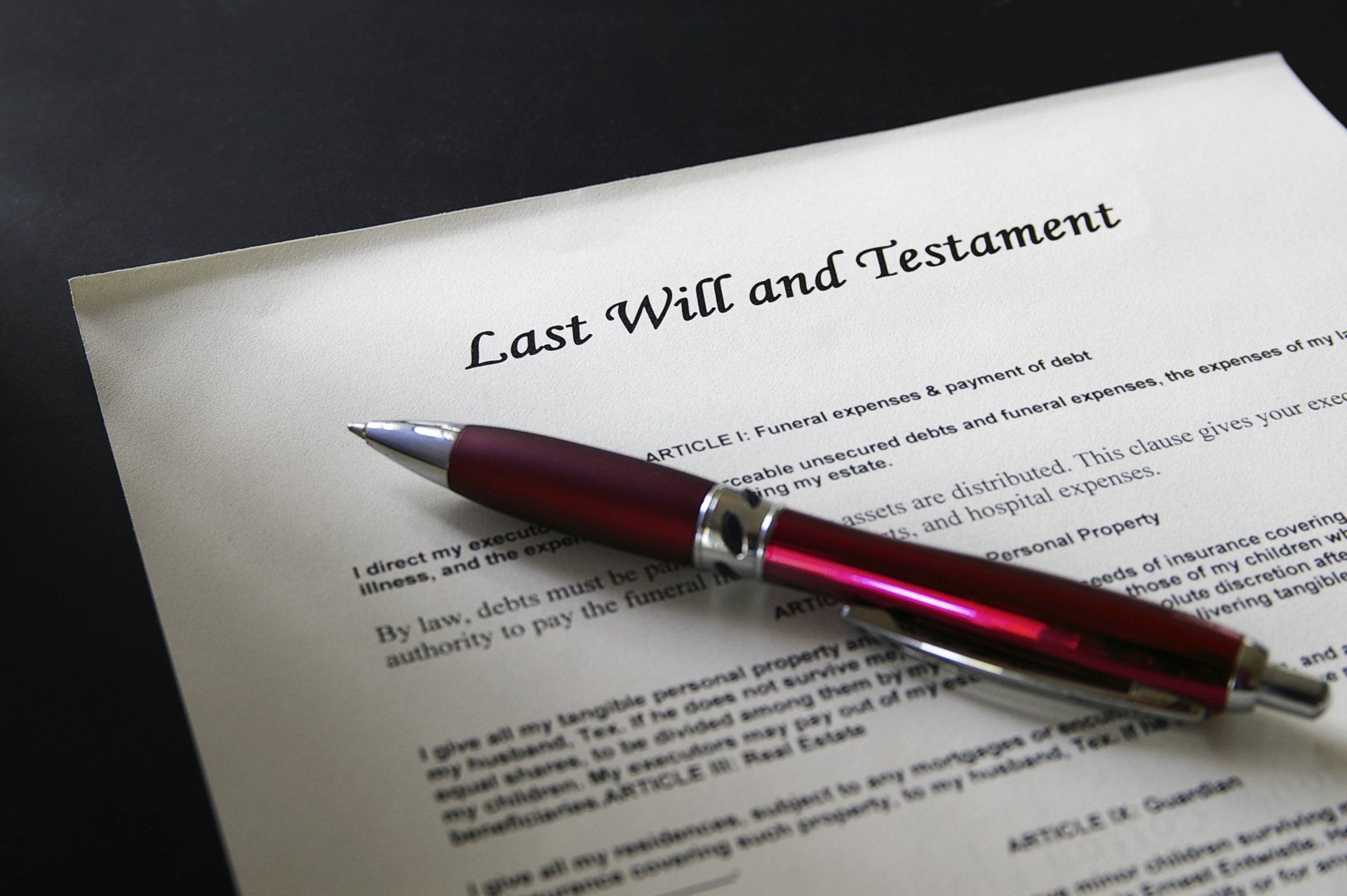ADDRESS: 3900 Newpark Mall Road 3rd Floor Newark, CA, 94560 | EMAIL: daniel@kisnerlaw.com
CALL US FOR A CONSULTATION
(510) 791-5790
Blog Layout
How Do You Estate Plan With Dementia or Alzheimer’s?
Dec 06, 2022
If you or a loved one is diagnosed with Alzheimer's or dementia, the condition may affect your decision-making abilities. You may also forget important information or have difficulty communicating. Such symptoms can make estate planning a challenge.
The secret is to act fast before your condition escalates. With this strategy, you can have your business in order while you're still of sound mind. Here are tips on how to estate plan with Alzheimer's or dementia.
Compile a List of Your Assets
As your condition progresses, your memory will start to fade. So, document your assets while you can ensure that you still remember them.
This list should include your bank accounts, investment portfolio, real estate properties, and other valuable possessions. Also, remember to include your life and health insurance policies.
Identify Durable Power of Attorney
You'll need to appoint a durable power of attorney (POA) to handle your financial affairs when you can no longer do so. This person makes decisions on your behalf in financial matters, including paying your bills and managing your investment portfolio.
The POA may also dictate your healthcare decisions if you are no longer in a position to communicate your needs. For instance, if you are on life-sustaining treatment, the POA can decide to discontinue it if you cannot make that decision yourself. You can either appoint one POA to handle your financial and health care decisions or separate POAs for each.
Create a Living Will
A living will spells out your end-of-life care preferences. This document comes in handy if you cannot communicate your wishes due to your condition.
With a living will, you can specify the kind of treatment you do or don't want to receive. For instance, you can indicate if you wish to be placed on life support or not.
You can also use a living will to appoint a health care proxy. This person will make decisions on your behalf if you cannot do so yourself.
Draft a Will
A will is a legal document that dictates how your assets will be distributed after you die. The will is probably the most critical document in your estate plan.
With a will, you can decide who gets what. For example, you can name your spouse as the executor. If you don't have a will, your assets will be distributed according to your state's intestacy laws.
Set Up a Trust
A trust is a legal document that lets you transfer the ownership of your assets to another person, referred to as a trustee. The chosen trustee will then manage your assets for the benefit of your beneficiaries.
The best part about a trust is that you can still control your assets after death. For instance, you can determine when and how your beneficiaries will receive their inheritance.
Note that a trust can either be revocable or irrevocable. As the name suggests, a revocable trust can be changed or terminated anytime, while an irrevocable trust can't be changed once created.
Estate planning with Alzheimer's or dementia can be challenging. But things get more manageable with the right tips and help from a reliable lawyer. Your attorney will guide you to ensure you have all the necessary estate planning documents. Your attorney will also help you create a comprehensive estate plan that meets your unique needs and objectives.
You can trust us at Kisner Law Firm to help you with your estate planning needs. We understand the unique challenges that come with Alzheimer's or dementia. And we can help you create a custom estate plan that meets your specific needs and objectives. So contact us
today to schedule a consultation.
01 Apr, 2023
A will is a document that guarantees that your wishes will come true after you pass away. Here are some mistakes you should avoid when crafting your will.
By Admin
•
02 Jun, 2022
With estate planning, you say who gets what and how to manage your affairs in your absence. Read this blog to learn further benefits of estate planning.
By Admin
•
07 Apr, 2022
Many wills go uncontested, but some issues may arise for certain wills. Read our blog to learn more about how to avoid a will contest.
By Admin
•
18 Oct, 2021
Many small businesses may encounter times when it is difficult to collect outstanding debts. Learn more about how to handle this situation.
By Admin
•
04 Aug, 2021
To help you decide whether to — and how to — deploy trusts in your estate plan, discover some answers to your questions about trusts.
PHONE: (510) 791-5790 | EMAIL: daniel@kisnerlaw.com
ADDRESS: 3900 Newpark Mall Road 3rd FloorNewark, CA, 94560
HOURS OF OPERATION:
- Mon - Fri
- -
- Sat - Sun
- Closed






Content, including images, displayed on this website is protected by copyright laws. Downloading, republication, retransmission or reproduction of content on this website is strictly prohibited. Terms of Use
| Privacy Policy





